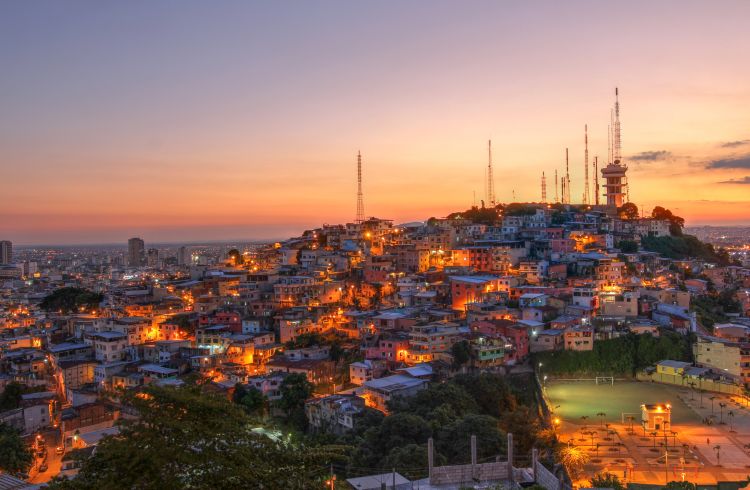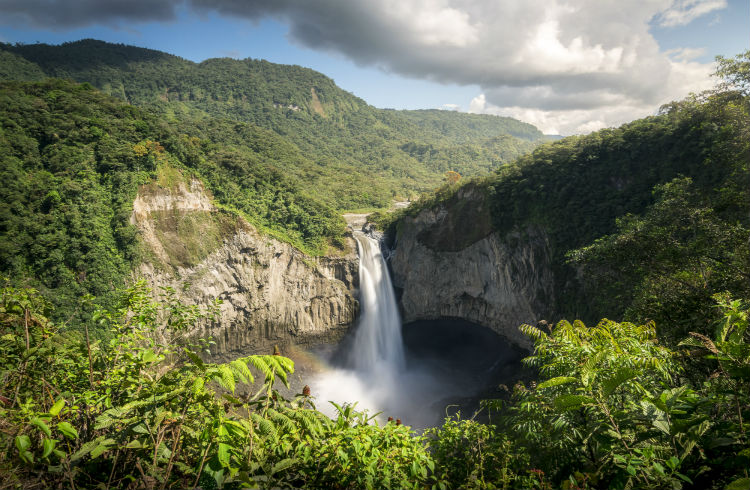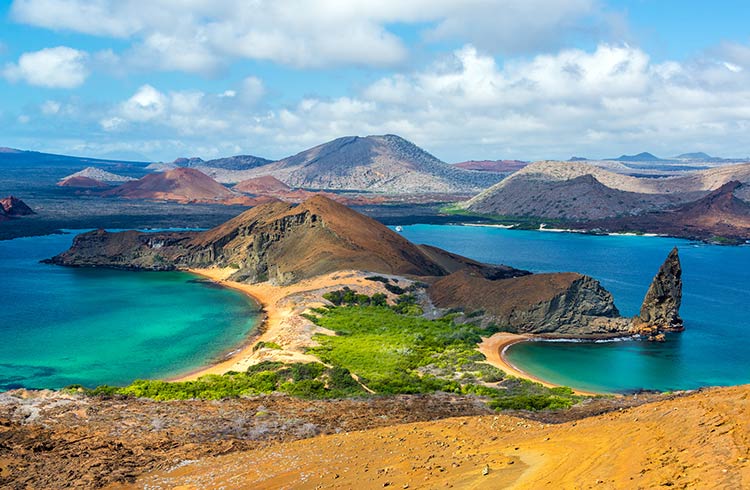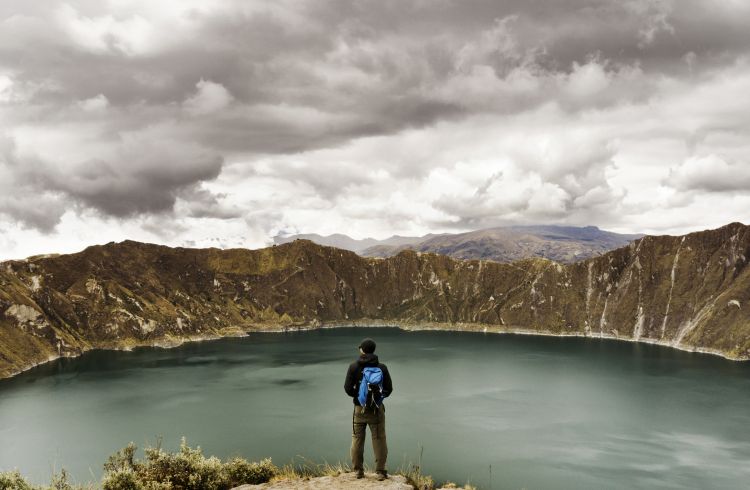Is Ecuador Safe? What You Need to Know About Crime
Ecuador is experiencing a rise in violent crime, but just how much of it is a threat to travelers?
 Photo © Getty Images/repistu
Photo © Getty Images/repistu
From the breathtaking Galápagos Islands to the majestic Andes mountains, Ecuador remains an unforgettable destination for nature lovers and adventurers. Whether you're coming to explore biodiversity, improve your Spanish, or hike through cloud forests and volcanic peaks, it’s essential to understand the current safety landscape before traveling.
As of 2025, Ecuador is experiencing a serious internal conflict between the government and organized crime groups, leading to elevated risks in some areas. Travelers can still enjoy many parts of the country safely, but awareness and caution are more important than ever.
Read the latest advice from the US State Department’s travel advisory.
- Political unrest and armed conflict
- Crime in Quito
- Taxi crime in Ecuador
- Pichincha volcano trail
- Crime in Guayaquil
- Travel safety tips for Ecuador
- Travel insurance and emergency services
Political unrest and armed conflict
Since early 2024, Ecuador has seen a sharp rise in violence as the government declared an internal armed conflict against criminal gangs. This includes:
- Military operations in urban and rural zones.
- Targeted assassinations of mayors, politicians, and even a presidential candidate in 2023.
- Frequent protests and road blockages, especially in urban areas.
Avoid demonstrations and stay updated through local news or your embassy. Protests can escalate quickly, and police or military presence is high in many cities. If you see a protest forming, get out of the area quickly. You do not want to get caught up in one.
Crime in Quito
Quito remains a top destination for tourists, but petty crime is common:
- Pickpockets target busy areas like the historic center and bus terminals.
- Avoid walking alone at night in areas like La Mariscal or the Old Town.
- Use vetted taxis or ride apps—never hail one off the street.
- Tourist police (yellow vests, gray uniforms) are active and helpful.
While violent crime is still relatively rare for tourists, robbery with weapons has increased in recent years. If threatened, comply and hand over valuables—resistance is not worth the risk.
Taxi crime in Ecuador
Express kidnappings (short-term kidnappings, usually to force the victim to get money) and taxi robberies have occurred in:
- Quito
- Guayaquil
- Manta
- Machala
- Playas
Criminals pose as drivers or hijack taxis shortly after pick-up. Victims are often forced to withdraw money at ATMs.
Never hail taxis on the street. Look up taxi options online or ask your hotel to call you a car.
Pichincha volcano trail
Pichincha offers stunning views over Quito, but take precautions:
- Crime on the trails has decreased significantly, but don’t hike alone.
- Go early in the day, preferably on weekends when others are around.
- Bring water, layers, and take it slow due to the high altitude.
- Always check weather and volcanic activity updates before heading out.
Crime in Guayaquil
Guayaquil, Ecuador’s largest city and a major port, has seen a surge in violent crime:
- Avoid high-risk areas like El Guasmo, parts of the south, and some northern suburbs.
- Stay alert in crowded zones like the Malecón 2000, Urdesa, and transit stations.
- Petty scams are common: watch for distraction tricks (like someone squirting mustard on you or offering suspicious help).
- Be cautious when booking Galápagos tours—some vendors may significantly overcharge or scam.
Travel safey tips for Ecuador
Here’s how to reduce your risk:
- Ask locals or hotel staff about safe areas
- Travel in groups, especially at night
- Only carry essential cash and ID (a photocopy of your passport, not the original)
- Leave valuables in a hostel/hotel safe
- Avoid flashy jewelry, designer bags, or expensive-looking gear
- Use a low-limit card for daily purchases
- Watch your drink in bars and never accept drinks from strangers
- Keep phones and cameras out of sight unless in use
- Use a local-style bag instead of a touristy backpack
- Keep your bags on you at all times in public spaces and restaurants.
Travel insurance and emergency services
Given the political climate, consider a travel insurance plan and do your research to find a policy that includes benefits for theft, medical evacuation, and trip interruption.
Register with your home country’s embassy for updates and emergency contact support.
Ecuador is a beautiful and rewarding place to visit—but now is not the time to be careless. Avoid high-risk areas, stay alert in cities, and plan logistics like transportation with safety in mind. The Galápagos, many mountain towns, and rural areas remain relatively calm, and with the right precautions, your trip can still be safe and memorable.
Related articles
Simple and flexible travel insurance
You can buy at home or while traveling, and claim online from anywhere in the world. With 150+ adventure activities covered and 24/7 emergency assistance.
Get a quote


No Comments